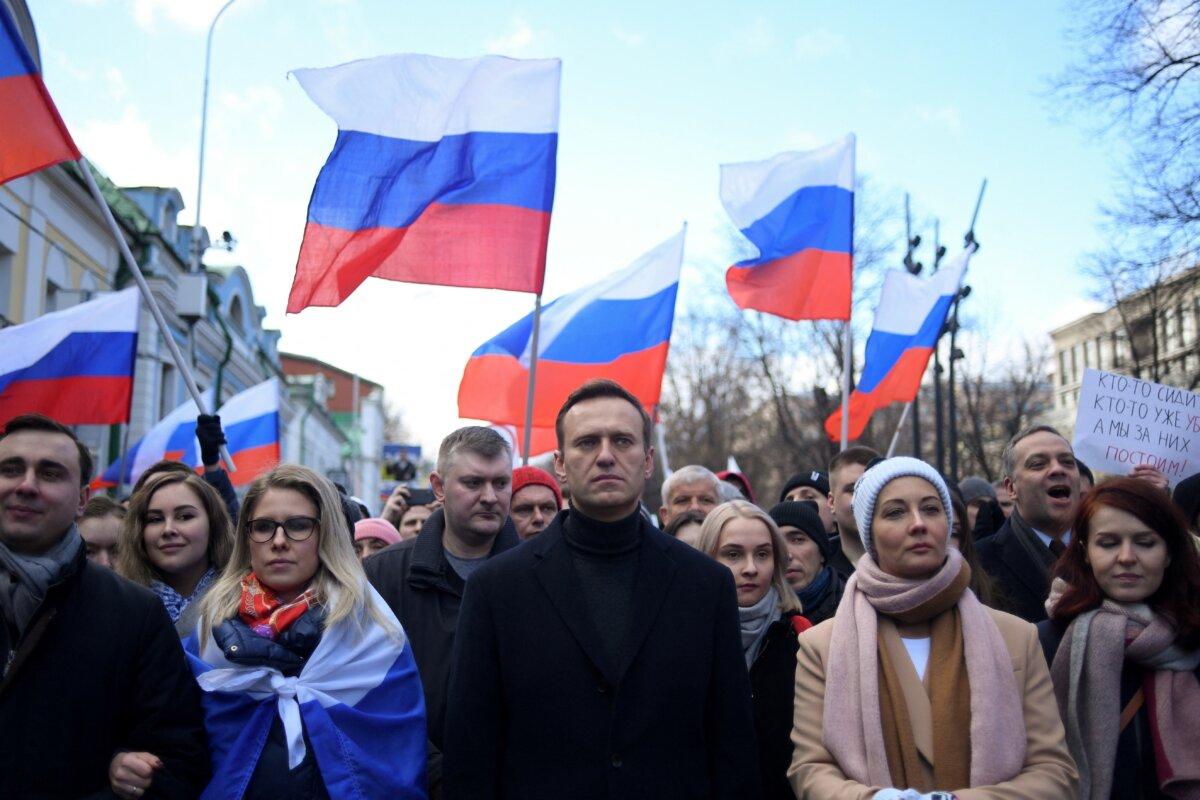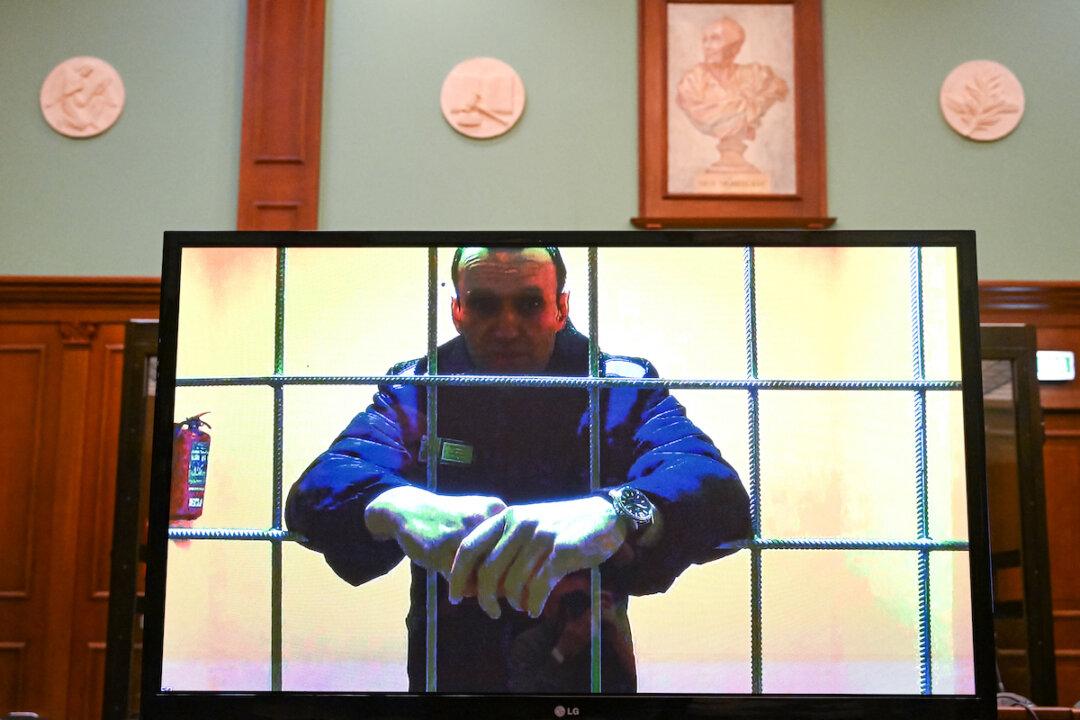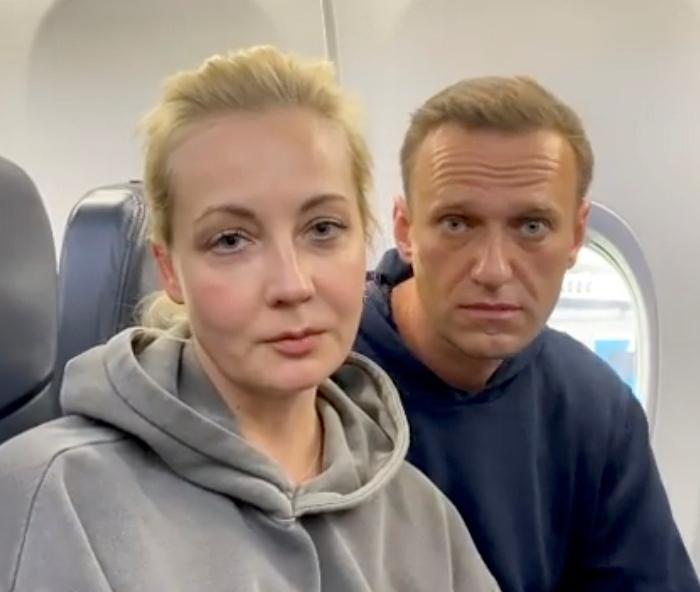While global public opinion generally held skepticism and condemnation of Moscow over the sudden death of Russian opposition leader Alexei Navalny, Beijing took the opposite stance, calling the incident “Russian’s internal affair” in what was seemingly a defending move for Moscow.
Kremlin spokesman Dmitry Peskov said that Russian prison authorities were investigating Mr. Navalny’s death, but he had not been given any information on the matter.
As a prominent foe of Russian President Vladimir Putin, Mr. Navalny’s unexpected death in his prime of life sent shockwaves throughout the country and around the world, sparking widespread condemnation of Russia.Additionally, Mr. Navalny’s unexpected death comes shortly before the upcoming March general election—a time when the incumbent president has been seeking a fifth term, adding to projections over his cause of death that it might be logical for Mr. Putin to remove all opposition at this critical time.
In stark contrast to the public outcry, the Chinese Foreign Ministry spokesman declined to comment on Navalny’s death when AFP asked about the issue on Feb. 17, saying it was “Russia’s internal affair.”
The West’s Reactions
Western dignitaries reacted swiftly on the same day the Kremlin announced Mr. Navalny’s death.Secretary General of the United Nations Antonio Guterres expressed his condolences at Mr. Navalny’s death and called for a credible investigation. The U.N. Human Rights office said it was “appalled.”
“Russia has become a more and more authoritarian power, that they have used oppression against opposition for many years. And of course, he was in jail, he was a prisoner. And that makes it extremely important that Russia now answer all the questions that will be asked about the cause of the death,” said NATO Secretary General Jens Stoltenberg in a press briefing.
On the morning of Feb. 17, crowds of mourners and protesters sprung up in front of Russian embassies in cities in the United States and Europe.
In Russia, people spontaneously went to lay flowers at the graves of former Soviet victims of purges to mourn the death of Mr. Navalny. Over 300 mourners have been detained while paying tribute to Mr. Navalny.

Mr. Navalny won a large following for his criticism of corruption under Mr. Putin’s rule. He was incarcerated for a 30-year sentence in 2021 in connection with multiple charges. Human rights groups and Western countries have denounced the sentence as retaliation for his vocal opposition to the Kremlin.
Russia-CCP Relationship
Despite claims of close ties, Moscow and Beijing are in a perplexing dynamic state of mutual exploitation and wariness.Wang Juntao, chairman of the National Committee of the Chinese Democratic Party, told The Epoch Times that “Russia does not regard the CCP as a friend. ... Russia’s rise and expansion in history are actually marked by its oppression of China.”
In an interview with Tucker Carlson in early February, Mr. Putin implied that the CCP is the biggest threat to the West compared to Russia. “The West is afraid of a strong China more than it fears a strong Russia, because Russia has 150 million people and China has a 1.5 billion population,” he said.
Mr. Putin has long admired the West. But the United States won’t embrace Russia with concerns about its domestic system, its military invasion of Ukraine, and now, Mr. Navalny’s death, according to Mr. Wang.
On the other hand, Mr. Wang added, “The CCP needs Russia as an ally, so no matter what Russia says or does, Beijing will remain silent.”
U.S.-based political analyst Qin Peng shared similar views that Beijing would choose to ignore such words Mr. Putin says to the U.S. media as it is not willing to push Russia to the side of the United States. “It [the CCP] needs to bring in some anti-American forces to fight against the United States and the Western world, and this is its established strategy that will not alter.”
Regarding Mr. Navalny’s death, Mr. Qin noted that Beijing wouldn’t condemn Mr. Putin in the case of Mr. Navalny’s death, as “the CCP regime also detained plenty of political prisoners, as well as prisoners of conscience, including Falun Gong practitioners, many of which have died while in custody.” Many such deaths in Chinese prisons are also suspicious and lack a convincing official explanation.
Mr. Wang believes that the CCP has no choice but to stand with Russia on Mr. Navalny’s death because the CCP’s human rights record is worse than Russia’s, and it sees Russia as its strategic ally.







